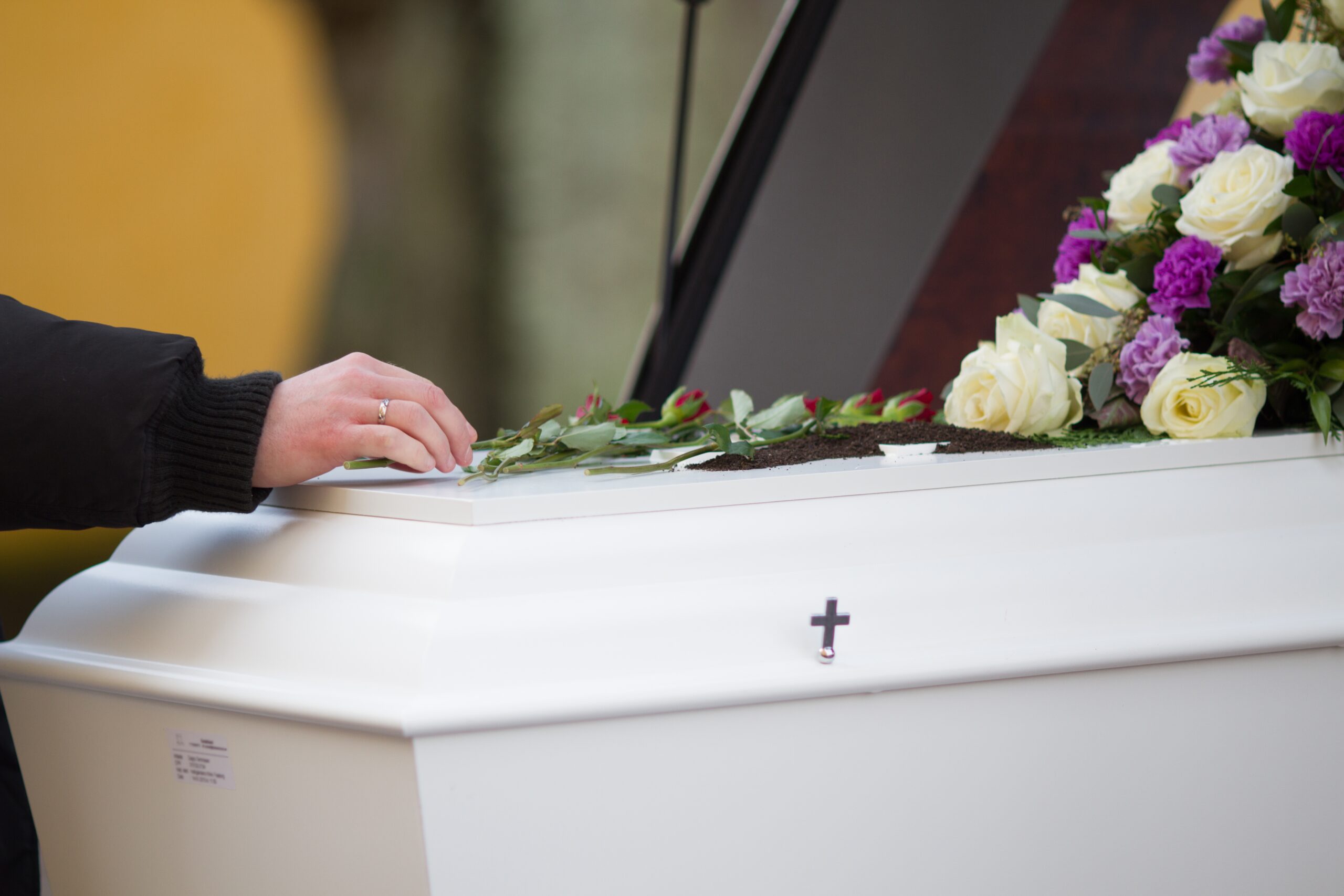Estate planning is a crucial step in making sure that your end-of-life wishes, including cremation preferences, are respected and carried out as you intend. By incorporating cremation into your estate planning, you can not only reduce the burden on your loved ones but also ensure that every aspect of your after-death care aligns with your personal beliefs and values. Here’s how estate planning plays a vital role in pre-arranging cremation services:
1. Formalizing Your Cremation Wishes
One of the primary benefits of including cremation instructions in your estate plan is that it formalizes your wishes in a legally binding manner. By doing so, you can prevent any potential disputes or misunderstandings among your family members or next of kin. Without clear documentation, loved ones may struggle with making decisions during an emotional time, or they may be unsure of your preferences.
A will or a trust allows you to specify not only that you want to be cremated but also details such as:
- Whether you want a direct cremation or a ceremony
- Where you would like your ashes to be scattered or stored
- Preferences for memorial services, if any
2. Appointing a Responsible Party
In your estate plan, you can designate a specific individual or executor to oversee the arrangements for your cremation. This ensures that someone you trust will carry out your wishes rather than leaving the decision to family members who might not fully understand your preferences.
By clearly naming an executor or responsible party, you can also prevent potential conflicts or confusion among loved ones about who is in charge of your cremation arrangements.
3. Pre-Paying for Cremation Services
Estate planning provides an opportunity to set aside funds or even pre-pay for cremation services. Many cremation societies and funeral homes offer pre-need plans, allowing you to lock in current rates and avoid future price increases. Pre-paying also removes the financial burden from your family, ensuring that all costs are covered and they don’t have to make difficult financial decisions during an already stressful time.
Incorporating cremation costs into your estate planning also allows you to allocate funds toward any desired memorial services or post-cremation arrangements.
4. Ensuring Legal Compliance
Certain legal documents are required for cremation, such as permits and death certificates. By addressing these requirements in your estate plan, you can help streamline the process and ensure that your cremation is carried out without unnecessary delays or legal complications. Your estate plan can include instructions on securing these permits and other documentation needed by your chosen cremation provider.
5. Reducing Stress for Loved Ones
By pre-arranging your cremation and including it in your estate plan, you are taking an emotionally significant decision off the shoulders of your family. This helps your loved ones focus on their grief and healing rather than worrying about making difficult choices in the midst of their mourning.
Estate planning allows you to include detailed instructions, so your family doesn’t have to guess about your wishes or debate among themselves about the best course of action.
6. Staying in Control of Your Legacy
Finally, including cremation in your estate plan allows you to have full control over your legacy. Whether you prefer an eco-friendly cremation, a traditional service, or a unique memorial, your estate plan can specify every aspect. This helps ensure that your memory is honored in the way you envision and that your loved ones can celebrate your life in a manner that reflects your values and personality.
Conclusion
Estate planning is an essential part of pre-arranging your cremation and ensuring that your wishes are honored. By formalizing your preferences, appointing a responsible party, and pre-paying for services, you can ease the burden on your family while making sure your end-of-life care aligns with your desires. Planning ahead not only provides peace of mind for you but also offers invaluable support for your loved ones during a challenging time.











